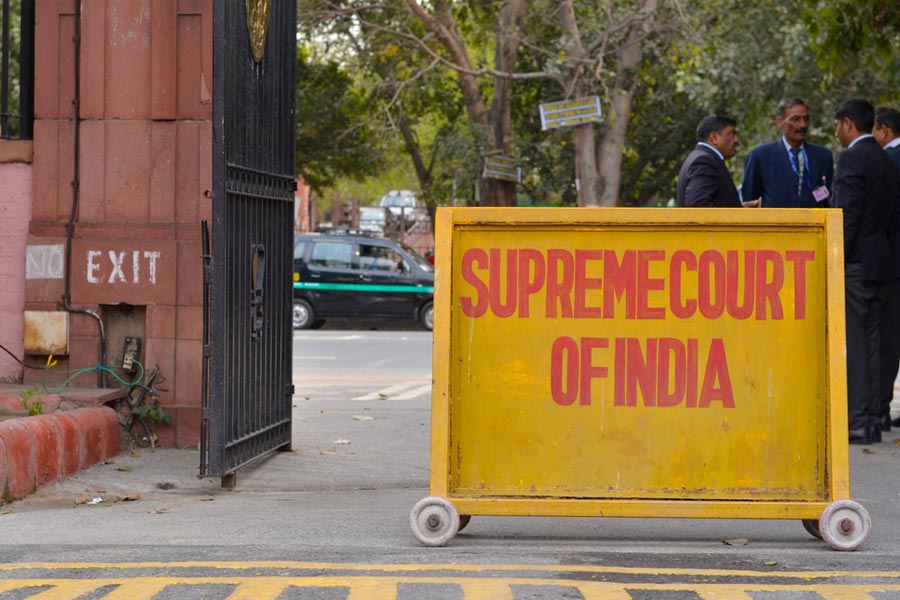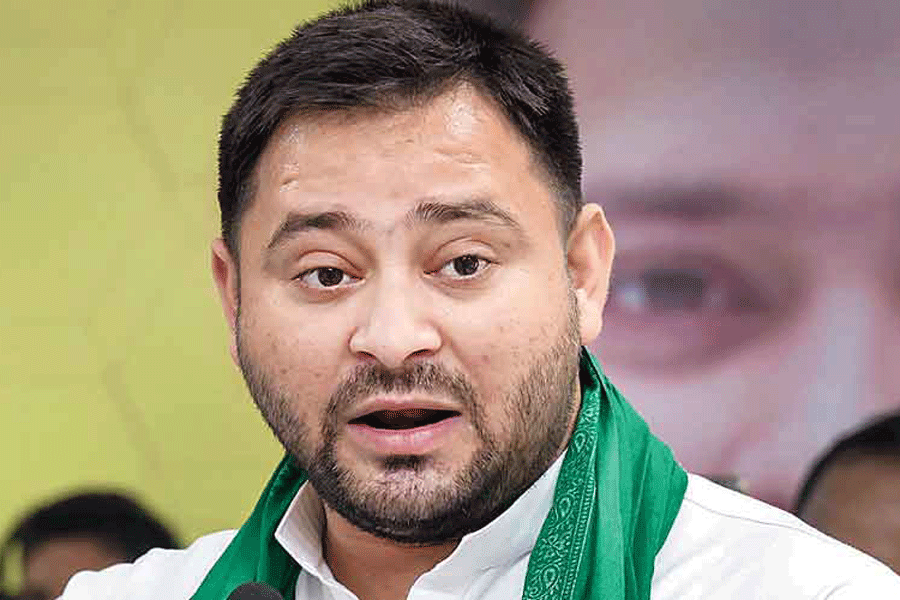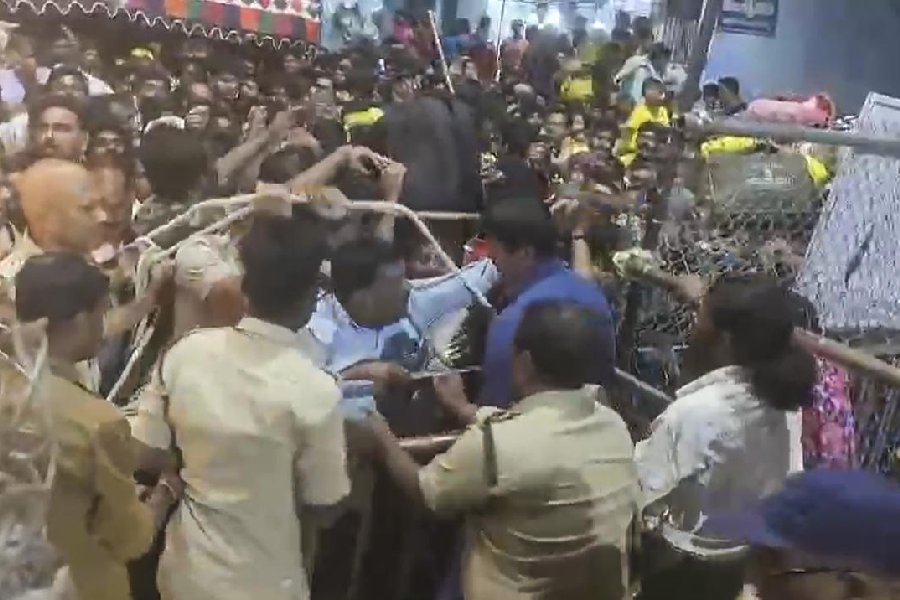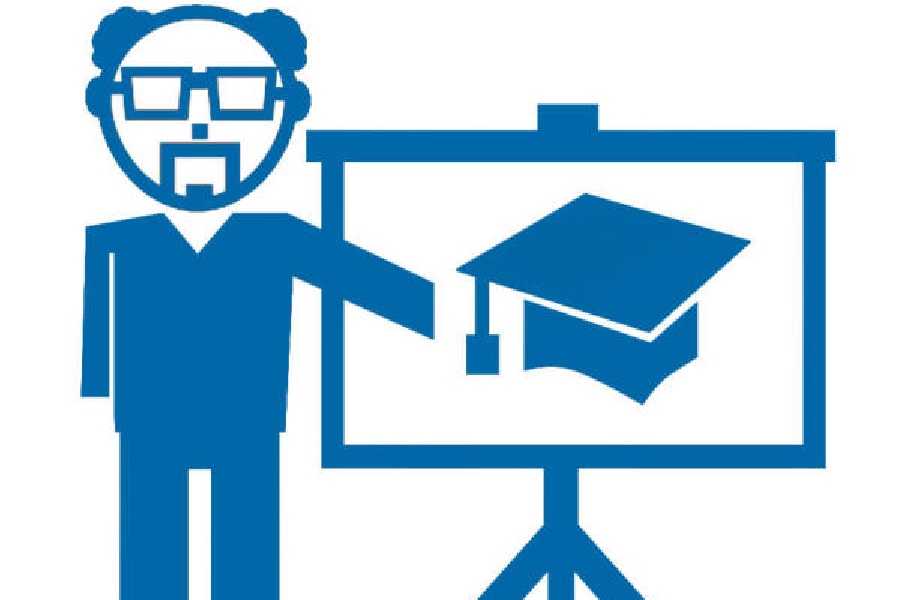The news media in any democracy must always be wary of external efforts to regulate its functioning. The Supreme Court’s observation earlier this week, referring to weaknesses in the self-regulatory mechanism in place for broadcasters and digital platforms, thus merits serious contemplation. The apex court agreed with representatives of the news media industry that both prior and post-publication attempts by the government to censor content must be opposed. Yet at a time when many in the news industry have faced credible allegations of promoting or indulging in hate speech and fake news, it is also important to accept that the current model of self-regulation is not working. The Supreme Court pointed out that the financial penalty imposed by the industry’s own regulator on those found to have breached norms — a sum of one lakh rupees — is minuscule compared to the profits major companies make and the salaries top anchors with the most reach earn.
To be clear, it is the industry itself — and not the Supreme Court, leave alone the government — that must decide how best to regulate itself. The highest court’s observations came in a case involving the Bombay High Court’s criticism of media trials held frequently on primetime shows in television studios. Journalists and television channels must maintain some restraint. When sections of the news media use their megaphone to spread untruths and misleading claims, demonise specific communities, peddle demonstrably fake news and serve as cheerleaders of those whom they ought to be holding to account, it is democracy that is left grievously injured. Unfortunately, the Indian media has been guilty of all of these transgressions far too often. That is, of course, worrying for the country. But it is also short-sighted on the part of leaders of the industry. Could there then be merit in the recent proposal by the Indian Institute of Management Bangalore in favour of defunding news media as well as social media platforms guilty of propagating hate and misinformation? It is one thing for politicians consumed by hubris to speak in a divisive tone. For media executives to defend the proponents of polarisation is an abdication of their principal responsibilities. Lies, hate speech and fake news might appear to be commercially lucrative but, ultimately, erode the value of their most vital currency: the trust of their audience. It is in their interests too to bolster self-regulation.










